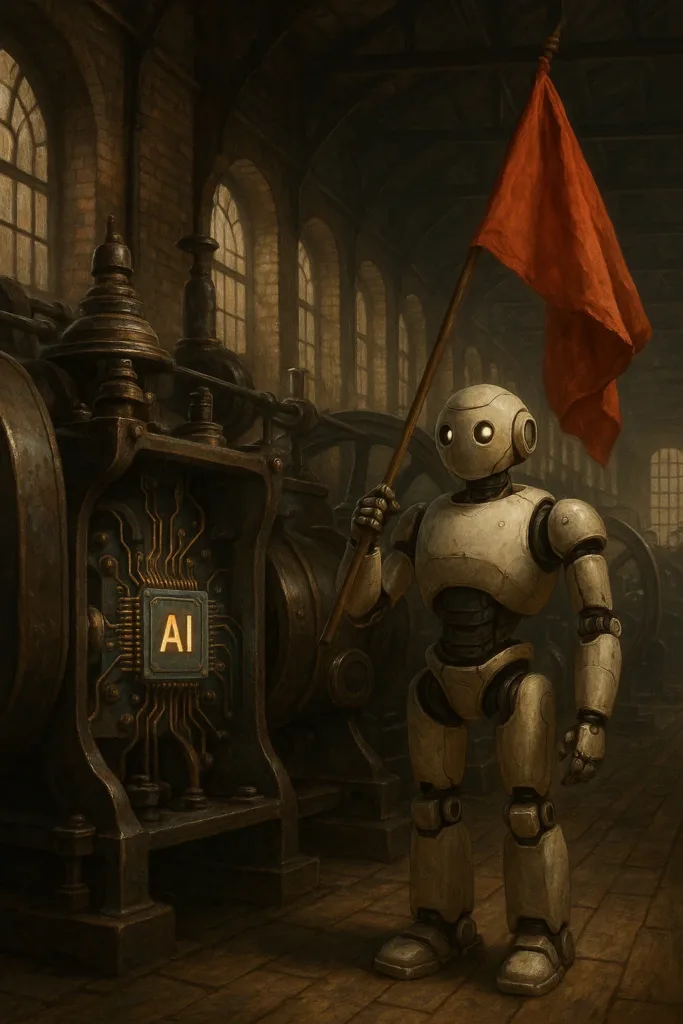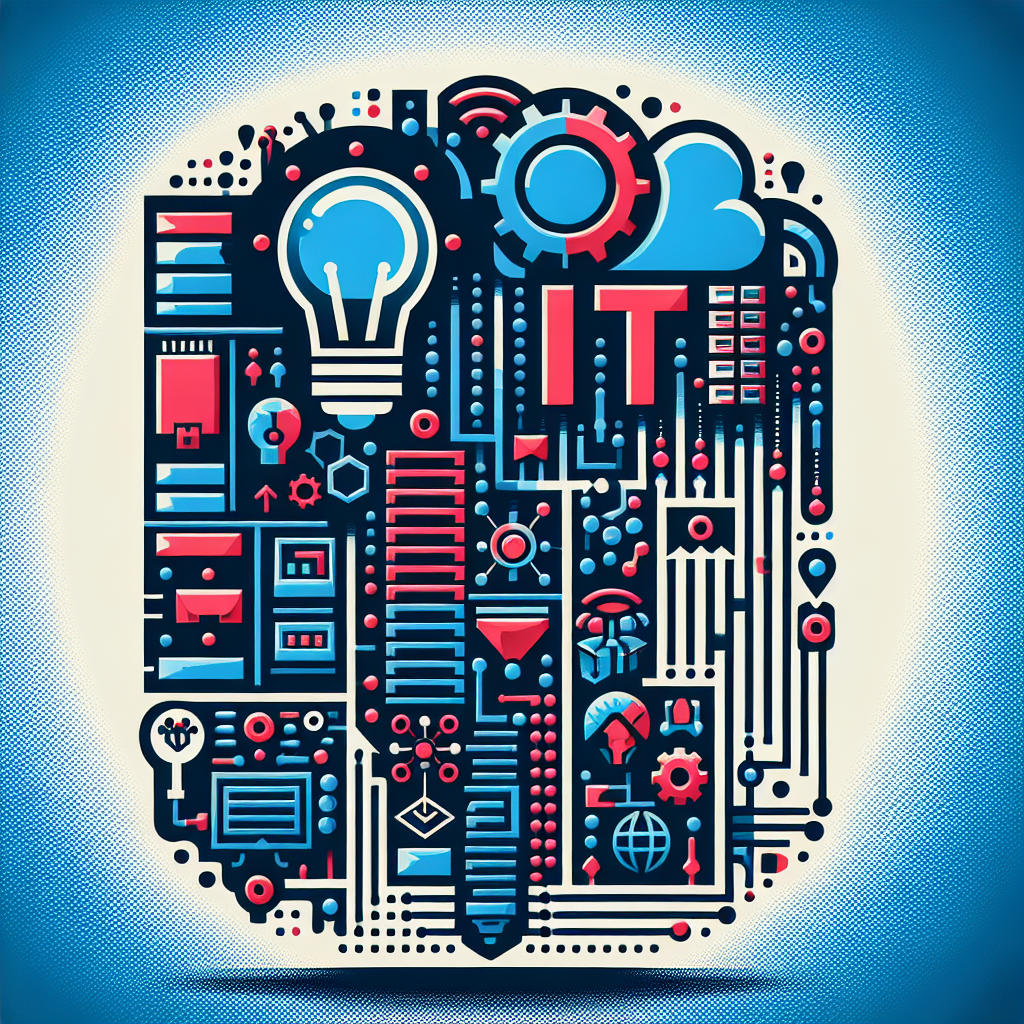Introduction:
May 1st, the day of labor rights, reminds us of historical struggles for the 8-hour workday and better worker conditions (Haymarket 1886). But what does this day mean today, when factories have no workers and offices have no administration? How do we navigate the age of artificial intelligence, robotics, and the gig economy, which are reshaping the nature of labor and labor relations? What is the message of the Fourth Industrial Revolution?
Historical Context
Throughout history, workers have fought for basic rights, starting with the conquest of the 8-hour workday. The industrialization of the 19th century brought mechanization and new jobs, but also new forms of exploitation. Today, in the digitalization era of the 21st century, we are entering an even more transformative phase — automation, artificial intelligence, and robotics are reshaping the economy and labor market. But how are labor relations and rights changing in an era where technology is not just a tool but becomes the manager of entire processes?
Modern Challenges
Industry 4.0 changes everything:
- Disappearance of traditional jobs vs. emergence of new professions.
- Machines are taking over jobs — factories without workers, administration without human resources, customer support provided by chatbots, analysis and decision-making by software.
- How do we balance productivity and dehumanization? How much freedom and autonomy do we retain in a world of algorithmic oversight?
Another question is how we cope with the “always online” culture: does working time become continuous? What does it mean to be “always available”? What will the future of working hours look like in a constantly connected world?
The Divide Between “Those Who Control Algorithms” and “Those Controlled by Them”
The question we must ask is: are we on the brink of a new kind of feudalism? Are technological platforms, servers, and big data the new feudal estates, and digital workers the new serfs? Those who control algorithms gain power and profit, while many workers become subject to their control.
New Labor Rights
In the modern era, labor rights must be redefined:
- Universal Basic Income as a response to automation and job loss.
- Protection of digital workers — gig economy workers, freelancers, platform-based workers.
- The right to digital detox — the right to rest, offline time, and limited work outside working hours.
- The right to disconnect (as implemented in France) — separation from work when not working.
Tesla’s Vision
Nikola Tesla once said: “In the future, machines will relieve humanity of heavy physical labor.” Have we achieved that balance? Or have we fallen into traps that led us in the opposite direction? Technology was meant to make life easier, but it increasingly creates new inequalities. Machines liberate, but only if society is prepared for that liberation.
A Call to Action
May 1st is no longer just a march with flags — it demands new forms of solidarity. What will our future struggles be? Will we fight for rights that protect the old paradigm, or will we build a new, fairer future together? New forms of collective action, such as platform cooperatives (e.g., delivery co-ops), are becoming essential in the modern struggle. Education in AI literacy is becoming critical for protecting workers in the digital era.
We demand the “right to disconnect” and the empowerment of unions for the digital age, because even in this era, workers deserve protection. In the end, as Tesla foresaw, machines can free people from labor, but only if labor rights and responsibilities are clearly defined.
Final Message:
May 1st is not a relic — it is an operating system that needs to be updated. What patch will we install? One that spreads inequality and control, or one that builds bridges between people and machines, creating a fairer and freer world for all? And perhaps one day, as AI advances, we will have to ask: do our digital assistants and chatbots also deserve some rights?
MilovanInnovation will continue to raise awareness and provide thoughtful insights on this topic — advocating for a future of work that is fair, inclusive, and deeply human, even in an age of intelligent machines.


Leave a Reply